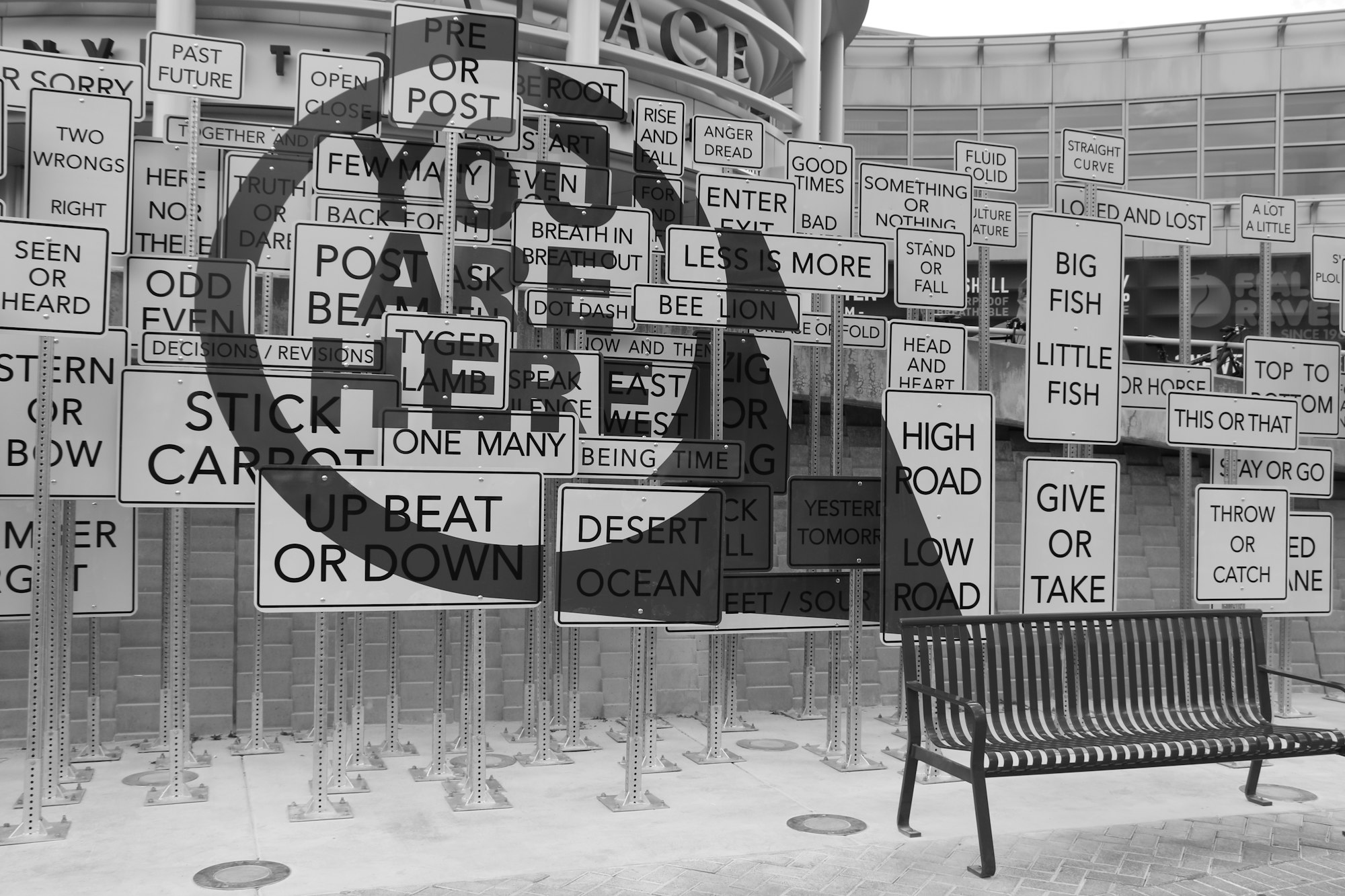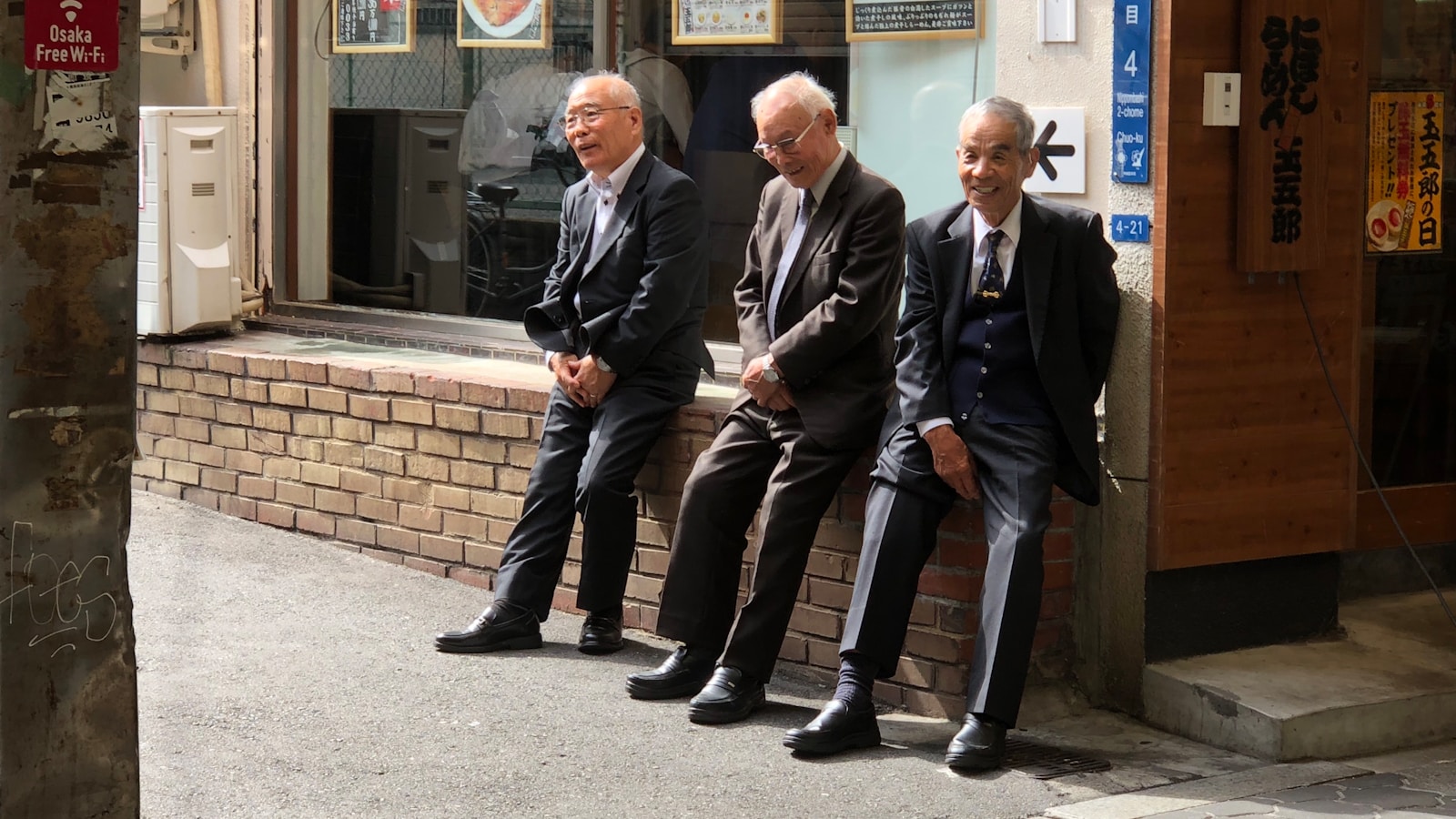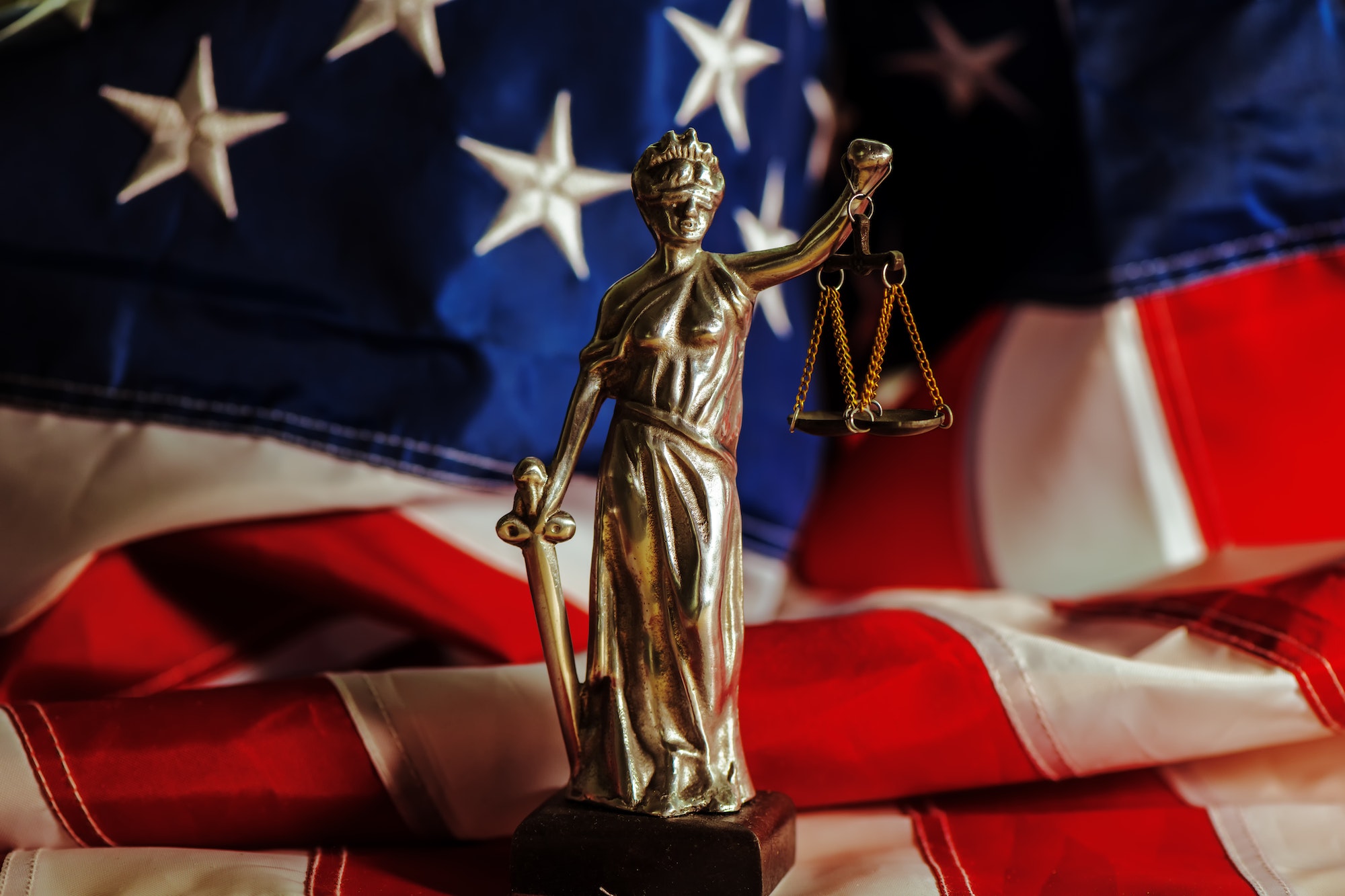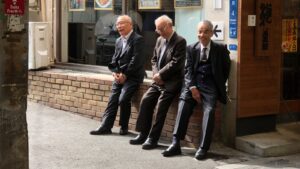Are you ready to dive into the vibrant and eclectic world of street art in the concrete jungle of New York City? From towering murals to hidden alleyway gems, the Big Apple is a playground for artists and enthusiasts alike. Join us as we peel back the layers of New York’s dynamic street art scene and discover the stories behind the paint.
The Canvas of the City: Exploring Neighborhood Hotspots
New York City is a sprawling canvas where art springs up in unexpected places. From the colorful streets of Bushwick to the historic walls of the Lower East Side, each neighborhood offers its own unique flavor of street art. Grab your camera and wander through the winding streets, keeping your eyes peeled for towering murals, intricate stencils, and hidden gems tucked away in alleyways and underpasses.
From Graffiti to Galleries: The Evolution of Street Art
What began as an underground movement has blossomed into a celebrated art form that bridges the gap between the streets and the galleries. New York’s street art scene has evolved from its graffiti roots to encompass a diverse array of styles and mediums, from wheatpastes and stickers to large-scale installations and multimedia projects. Follow the evolution of street art as you explore the city’s ever-changing landscape.
Spotlight on Local Artists: Celebrating Creativity and Diversity
Behind every mural and tag is a story waiting to be told. New York’s street art scene is fueled by a community of talented artists who use the city as their canvas to express themselves and spark conversation. From established names like Shepard Fairey and Banksy to up-and-coming local talent, each artist brings their own unique perspective to the streets of New York, reflecting the city’s rich tapestry of culture and diversity.
Exploring the Politics of Public Space: Street Art as Activism
Street art has long served as a powerful tool for social and political commentary, challenging norms and sparking dialogue on issues ranging from gentrification and inequality to climate change and racial justice. As you wander through the streets of New York, keep an eye out for pieces that confront pressing social issues head-on, offering a glimpse into the pulse of the city and its ever-shifting landscape of activism.
Preserving the Past, Embracing the Future: The Role of Street Art in Urban Renewal
In a city constantly in flux, street art serves as a reminder of the past while paving the way for the future. From revitalizing neglected spaces to fostering a sense of community pride, street art plays a vital role in shaping the identity of New York’s neighborhoods. Join the conversation on urban renewal as you explore the transformative power of art in the city that never sleeps.
Conclusion
New York’s street art scene is a living, breathing testament to the city’s creativity, diversity, and resilience. Whether you’re a seasoned enthusiast or a curious newcomer, there’s no shortage of inspiration to be found among the alleys and avenues of the Big Apple. So grab your map, lace up your sneakers, and get ready to uncover the vibrant tapestry of street art that makes New York unlike anywhere else in the world.















